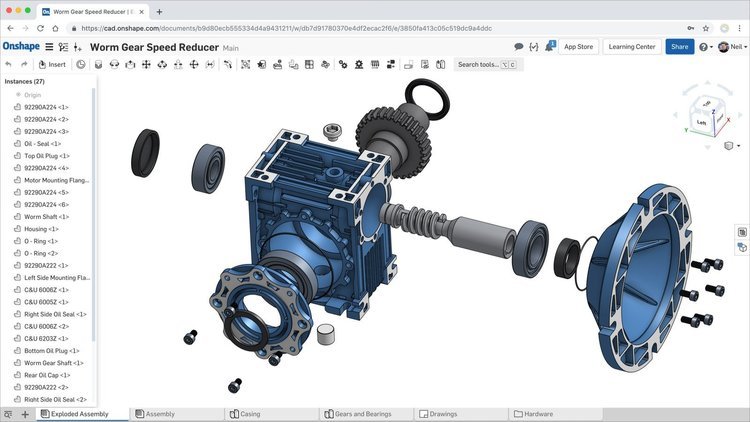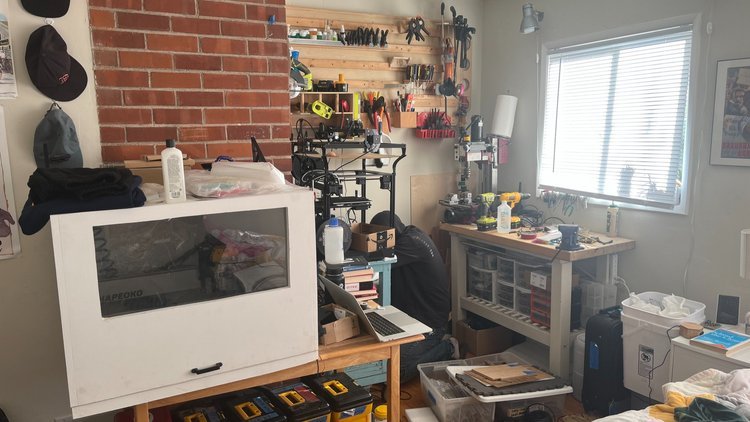Advice For Any
Mechanical Engineer
1. Learn How To CAD
Computer-Aided Design is the number one tool of a mechanical engineer. It is how we visualize, design, and build things. You need to learn how to do it in your first semester of college. Here is an introduction.
We love Onshape! It is free and runs on any computer in the browser.
2. Buy A Caliper
You just need a $20 one from Amazon for now. It will be your most used physical tool, no question. It allows you to precisely measure things which is very important. Keep it in your backpack at all times. Here is how you use it.
3. Join A Competition Team
(FSAE, Solar Car, STAR, etc) Hands-on experience is King. The best opportunities and experiences will come outside of the classroom, trust us. We joined Berkeley Formula Racing.
4. Take A Million Photos Of Your Projects
Document and record everything you work on and all the intermediate steps (drawings, mockups, prototypes, failures). Check out Wilder’s Portfolio with all of his pictures.
5. Learn How To Use A Mill & Lathe
Even if you don’t have access to these tools, watching some videos and doing some reading is very important to understand how parts are made in the real world. Not everything is 3D printed. Check out this video.
6. Start A Hardware And Tool Collection
Build up a collection of different types of hardware (nuts, bolts, washers, spacers, pins) and basic hand tools (hex keys, wrenches, pliers, a mallet, some clamps). One day you will need something very specific and reach into a box under your bed and it will all be worth it. Check out our collection of tools below!
7. Buy A 3D Printer
This may be out of budget for some college students, but it can be a very valuable resource when working on your own projects and for overall learning. They have also become much cheaper and more robust over time. A $200 Ender 3 works quite well.
8. Go to a Hardware Meetup
There is no better way to get motivated to learn or build than to find like-minded peers equally excited about hardware! Go make friends, see cool projects, and learn something new!
Our favorite hardware meetups can be found here










